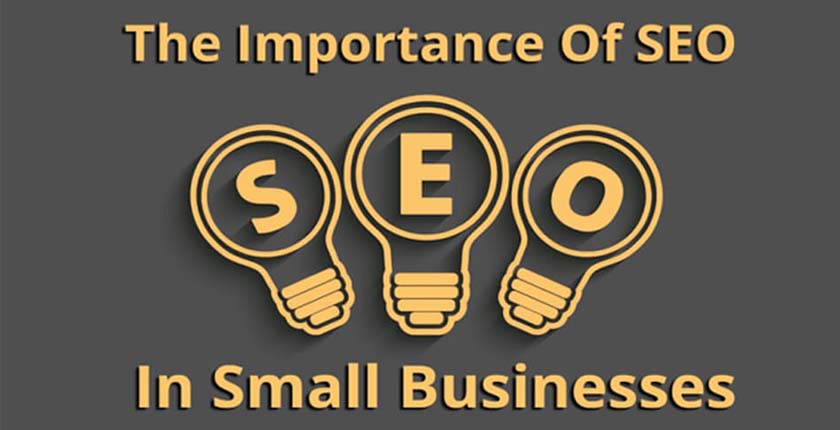Search on Google “best South Indian Restaurant” or “famous ice cream parlor near me” what you will find? The top results that are shown here are, all the locally-owned restaurants near your location. That is the power of SEO. The small business grows from visibility only. If it is seen, the potential customer reached to you inefficiently.
SEO is the most viable and cost-effective way to understand and reach customers in key moments that matter. It is the latest technology to connect your customers to an end number of people. It helps to bring out more qualified potential customers that eventually increase the conversion rate. Small businesses use local SEO to get ahead of the competitor to respond equally.
If your users are happy, the search engine gets happy. Here in this article, you will explore significant benefits for your small business to increase visibility and target the right audience.
SEO is the powerful tool with the highest conversion level of all local advertising channels. After creating a user-friendly website, you can reach potential customers to build your website’s legitimacy. Instead of paying for traditional prints ads or sponsored ads, hiring the right SEO expert help to reach your business to a level. You can explore the new market with it.
To stay competitive in a digital world, your business needs presence, visibility, and availability of your product/service to the customers. Google has set a specific ranking factor to measure the relevancy of local businesses. According to the geographical location, you can get relevant results. Fret not! You are not competing with large corporations. Local businesses drive more foot fall to their physical place. It often focuses on improving the local location on Google map.
SEO builds trust and credibility. It is all about taking advantage of your respective market insight. You can respond easily to your customer’s demands. By using niche keywords, you have a better chance to connect with the customers. Ask your genuine customers to post positive reviews. Building this relationship will prove to be invaluable for optimizing local SEO ranking.
Also Read: Why Classified Submission is Important in SEO?
The major goal of SEO is to establish a strong foundation for a beautiful website. You can start by creating a well-organized website to a digital presence in the marketplace. To improve the user’s experience, you can add title tags and meta descriptions. But it does not end here. SEO is constantly updating like algorithms. So, as your budget allows, you can commit the time necessary to grow your brand.
SEO is the fastest-changing industry in the world. A business with organic traffic is like 24*7 weeks. Its practices change and if you want to maintain SEO ranking and traffic, stay in sync with the latest development. Also, a high ranking gets more social media exposure. In terms of ROI, SEO is one of the best long-term investments to make. Money spend on SEO is far worth spending on another traditional method.



